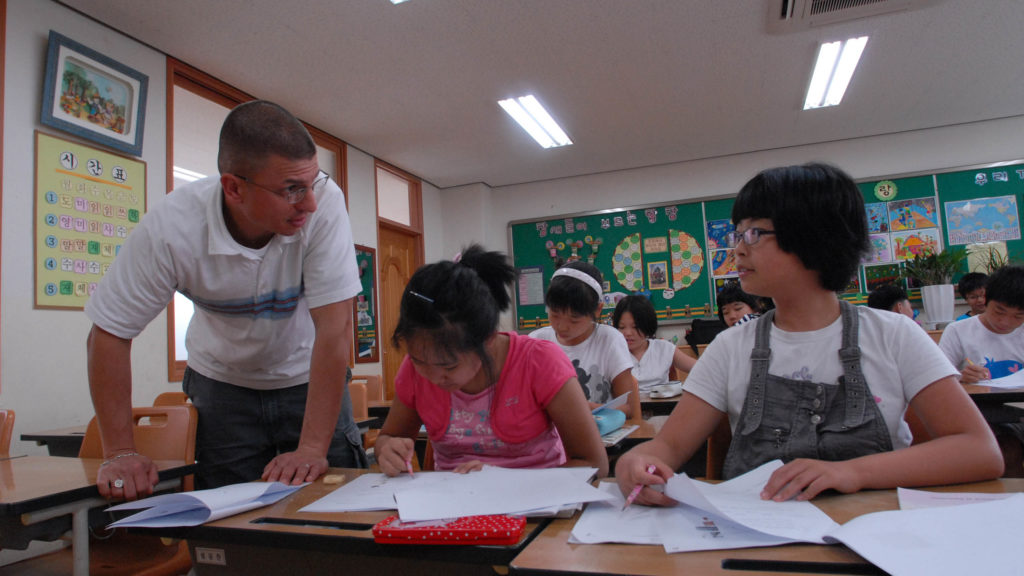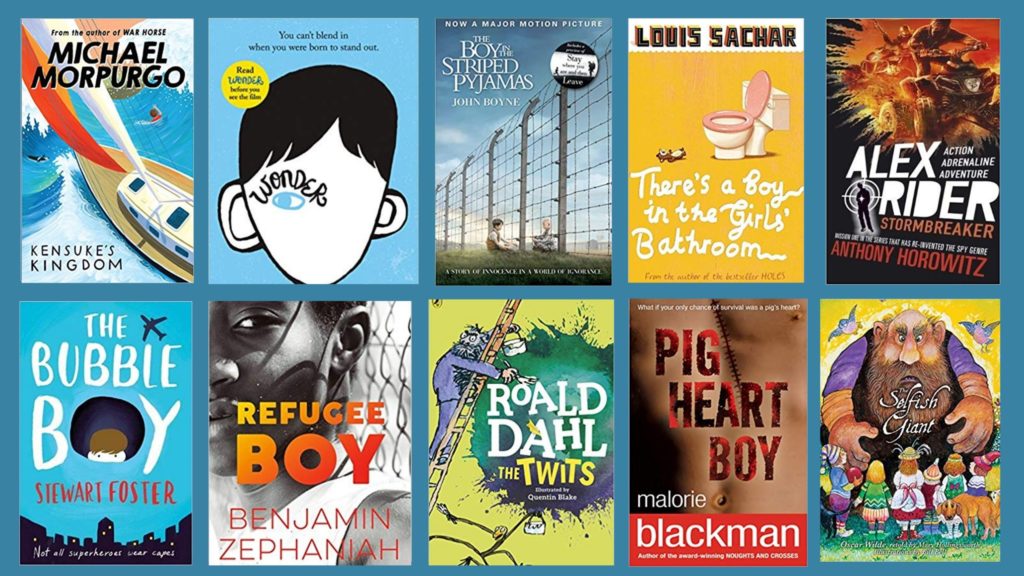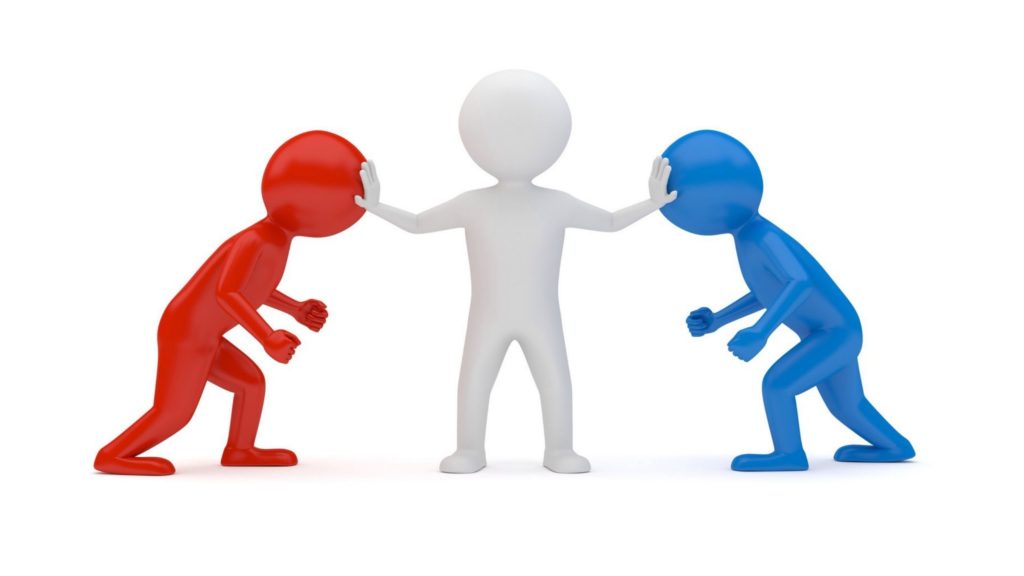Challenging behaviour in the classroom

Challenge classroom behaviour needs to be in a way that is fair and prevents further escalation! If you do this successfully you will be able to focus on delivering outstanding, inclusive, and engaging teaching and learning.
You can only challenge poor behaviour if you know the school expectations, sanctions, and system for recording sanctions. Students already know the systems and are quick to challenge and undermine you if you do not.
This will lead to conflict, escalation and will prevent you delivering your well planned lesson. The key to managing poor behaviour is through body language, tone of voice and what you say..
Body language: seated student
Never stand and lean over a student that is sat down, it is intimidating, you are invading their personal space. (personal space could be a topic in the student/teacher carter) “Get down with the kids” I mean you want to have your eyes slightly lower than the students.
Do this by bending at the knees and placing a hand on the front of the student’s desk to keep your balance. You are not in their space and you have also put yourself in a safe place.
Body language:standing student
No one wants to see a member of staff and a student squaring up to each other face to face! You cannot de-escalate and maintain respect so the best you can hope for is student submission through intimidation.
The worst is injury to either or both parties. You will need to talk to students when standing so remember your personal space is the point in front of you when you extend an arm straight out.
Get in that position but then take a step back and you have developed personal space for the student as well. This prevents a student feeling intimidated and you have positioned yourself in a much safer situation.
If you need to talk more quietly with a student and it is not possible to do this in private (using one of the above methods) you can get closer.
Do this by standing sideways on, the student does not feel intimidated. Your safety is paramount; you must be aware that when doing this you have closed the personal space and are at risk of being struck. Only get close after assessing the situation and the student.
Tone of voice
Remember, you are constantly in the process of building professional and respectful relationships with your students. Shouting, raising your voice when in a challenging situation will very quickly undermine all the effort you have previously put in with that student. Other students will also be watching.
It can take time and effort to gain respect, but it can be lost in a few seconds.
Speak in a calm professional tone. This is very difficult at times, but it is a must for you to master. When dealing with behaviour issues, avoid the temptation to use sarcasm, humour, or threat.
The chances are you will embarrass the student in front of their peers and this will only lead to escalation. Having adopted the correct position and using the correct tone gets you away to a good start.
The final skill to master is what and how you deliver the warning or sanction.
Focus on the event you want to stop and not the student
Students allege they feel you are picking on them so don’t start your conversation by saying “Paul I am fed up with you, you are always spoiling my lessons, you will never achieve anything”(Teachers would never say that! I beg to differ.)
If you link your conversation to your student/teacher charter and say “Paul, calling another student inappropriate names is not allowed in this classroom, we all agreed this in our student/teacher charter” Don’t hang in there now waiting for a “chase me” comment – get out.
Get out by finishing your conversation by saying “Thank you for listening, please think about our charter” and move to another student to discuss work, give them their warning, or another part of the classroom and deliver some whole class instruction.
Use this method of getting in,adopting the correct body language, tone of voice, de-personalising your comments and then getting out.
Would you thank a student for disruption in your class?
I wouldn’t.
I would thank a student at the end of the lesson for correcting their behaviour after the first time I spoke with them.








Responses